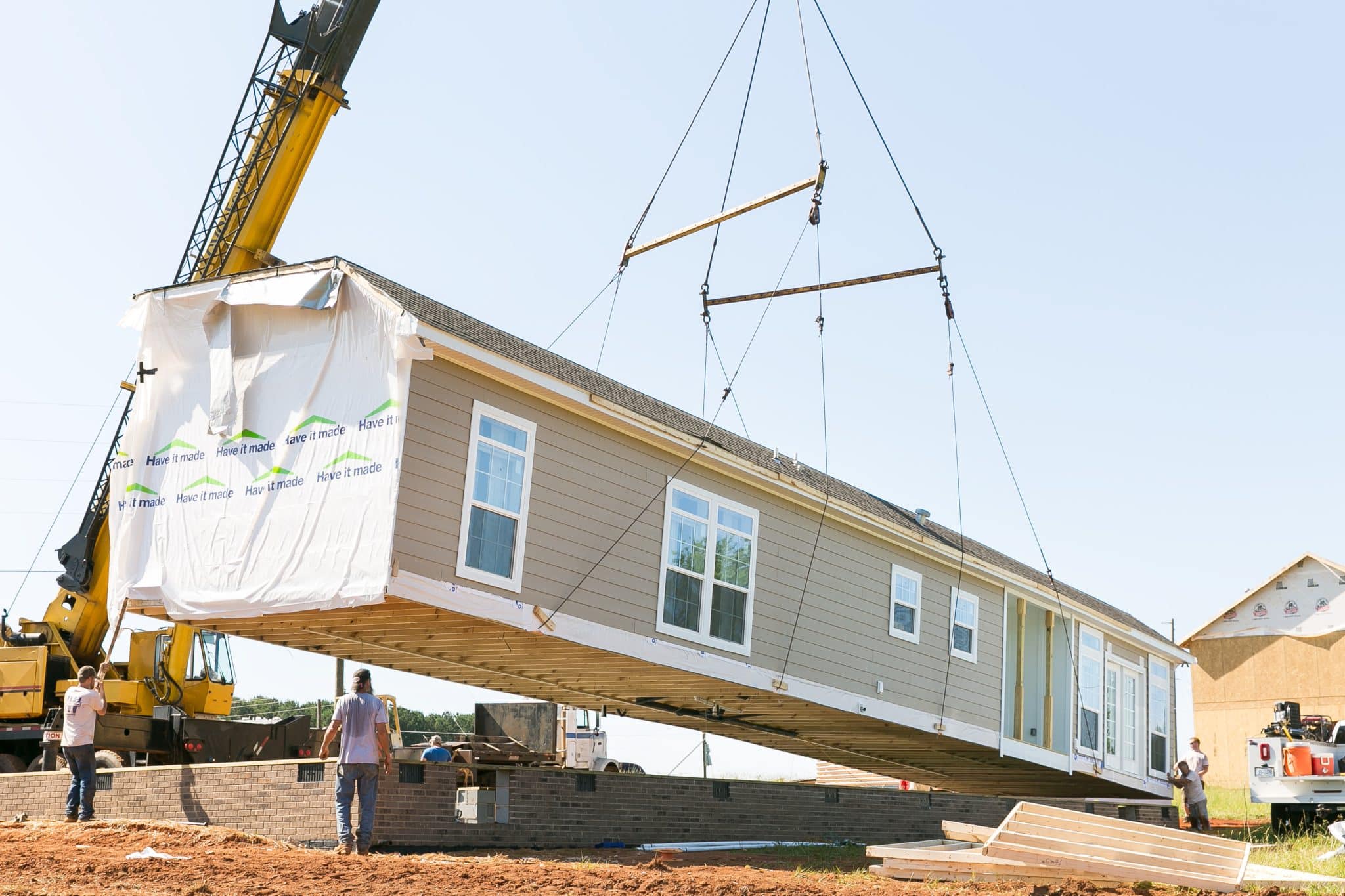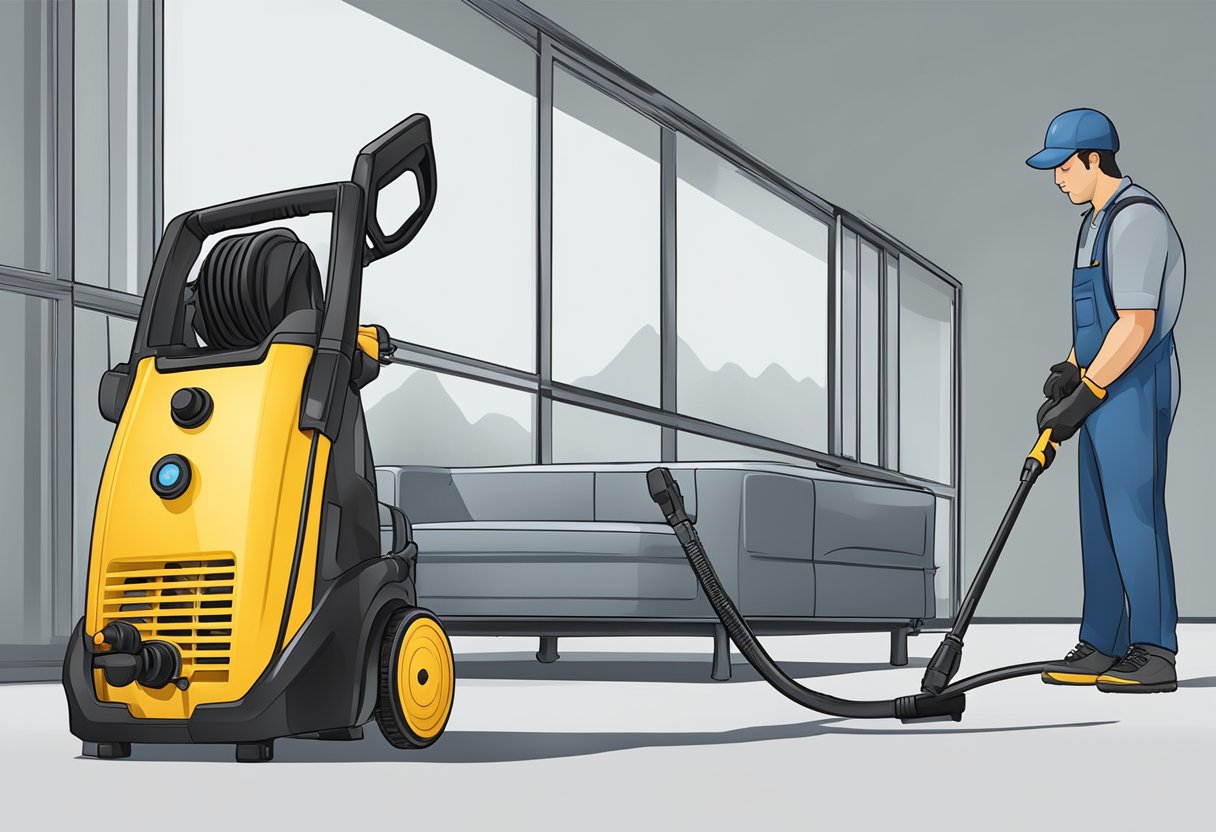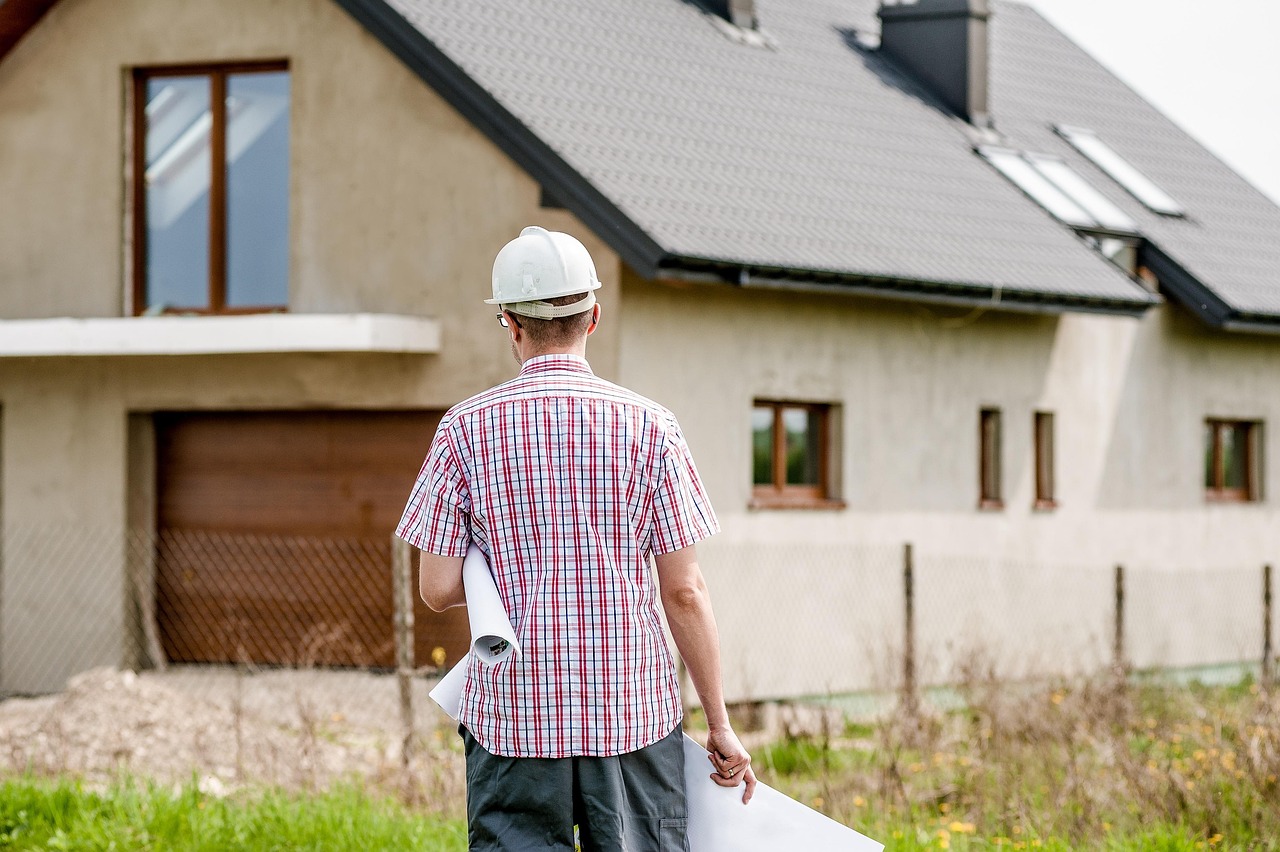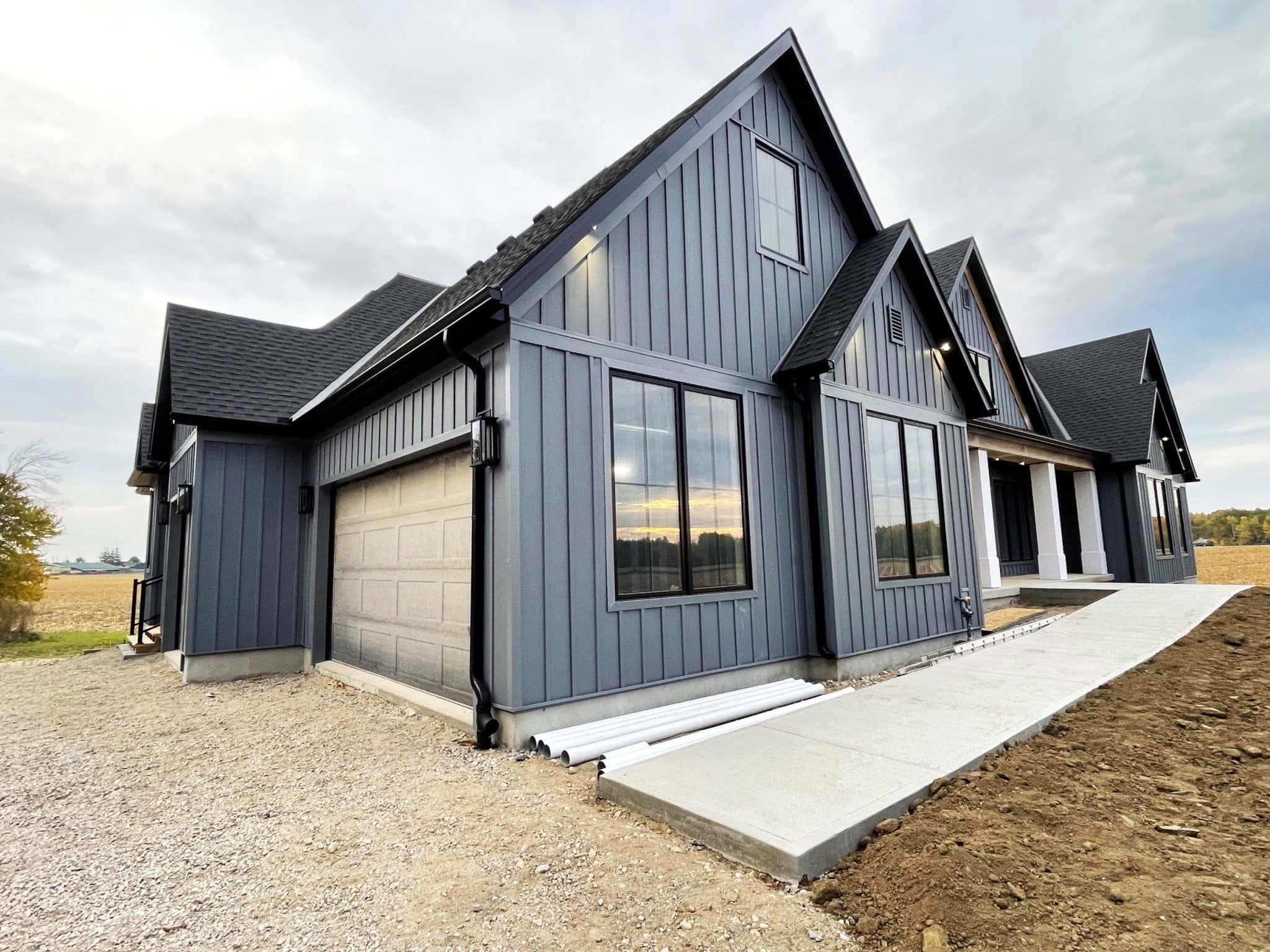Tips for Relocating Your Manufactured Home
People fill their homes with love and personality as the years pass. When there’s a reason to move, you might not want to leave your mobile home behind. No matter your motivation, relocating your manufactured home is easy with tips like these. Use them to make your upcoming move feel effortless, no matter where you’ll live next.
Can Mobile Homes Be Moved Around?
The latest research shows that 22 million Americans live in mobile homes. However, they won’t stay in one place their entire lives if they get new jobs or want to live closer to family. The manufactured home moving business helps people keep their residences while relocating.
Professionals can move mobile homes around the country with specialized trucks and training. Companies manufacture these residences entirely in warehouses before shipping them to consumers. The process makes them easily movable compared to stick-built houses.
Tips for Relocating Your Manufactured Home
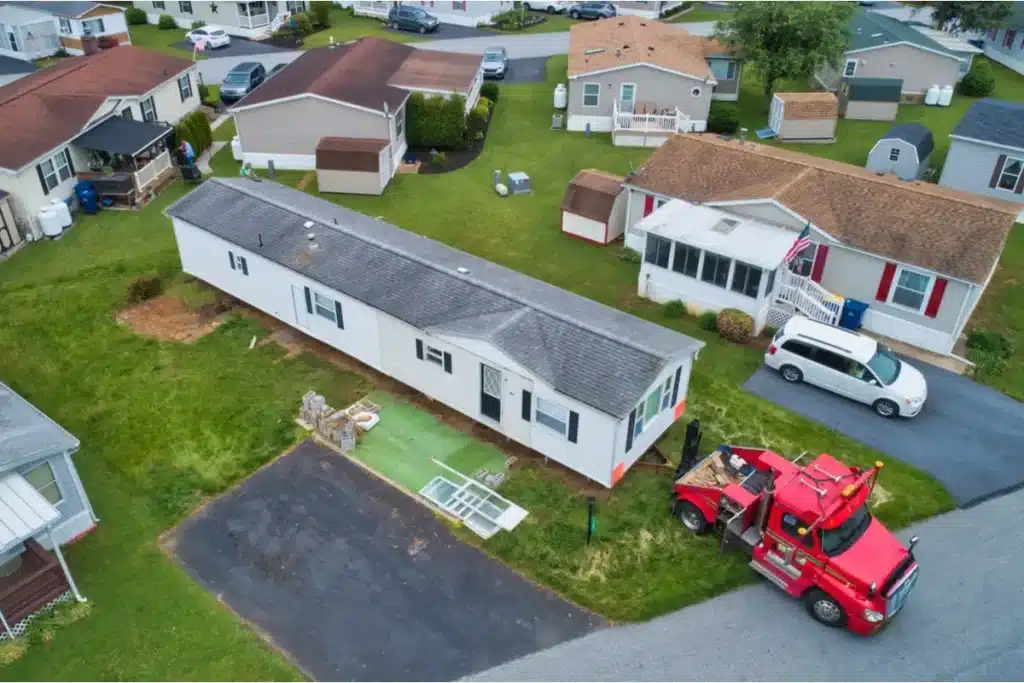 These steps make moving your manufactured home much more manageable. Use them to guide your experience and complete your move with less stress.
These steps make moving your manufactured home much more manageable. Use them to guide your experience and complete your move with less stress.
1. Check Your Home’s Age
Any manufactured home built after 1976 received a certification label from the U.S. Department of Housing and Urban Development (HUD). It verifies that the house legally meets HUD safety requirements passed that same year for factors like:
- Fire safety
- Electrical installations
- Thermal protection
- Frame and body construction
- Plumbing
County and state laws sometimes specify a cutoff age for manufactured home moves around or after the same date to ensure they’re safe to work with. Mobile home moving companies also reduce their liability risk by featuring age limitations. Compare your residence’s age with HUD’s safety requirements to see if it’s legal to relocate.
2. Create Your Budget

Remember, extra features may add to your moving budget but can also save money. Keep in mind where your home will be traveling when taking moving insurance into account. California, Texas and Florida consistently see the highest number of fatal crashes in a year and may require extra planning.
Moving in the summer months is additionally dangerous due to the higher number of drivers on the road. You’ll protect your investment from a higher likelihood of crash with insurance that covers damage during mobile home moves.
3. Get the Right Permits
Paperwork is a necessary part of any move. Owners of manufactured homes must contact their county treasurer’s office for a certificate verifying they don’t owe outstanding taxes on their property.
You may also need the original or a copy of your house’s title. Your state’s Department of Motor Vehicles (DMV) will likely need it on file so it’s legal to get your home on the road.
4. Review HUD Codes
Some older homes may be of legal age for moving but still not comply with HUD’s manufactured housing codes. Read through the requirements to see what potential renovations or repairs you might need to complete before starting your move. Other violations, like your residence’s size or age, could prevent you from moving it at all.
5. Find a Properly Zoned Lot

You’ll also want to consider how you’ll use your future property. If you want to live off the grid with resources like gardens, chickens or solar panels, you’ll need to double-check that you can have those things wherever you move your home. Zoning laws or your new property manager will determine if you can live your dreams where you plan to move.
6. Compare Moving Company Quotes
Manufactured home moving companies are a necessary part of relocating a mobile home. They’ll use specialized equipment and trucks to get your residence from one property to another.
Compare quotes by calling local moving companies and providing your future address to see what they each cost. Remember to inquire about add-ons like moving insurance to get the best rates for your budget.
7. Communicate Your Plans With Your Park Manager
If you live in a home park, the manager must receive a notice according to the length of time indicated in your rental agreement.
You’ll likely need to provide a 30- or 60-day written notice. They’ll also discuss if you’ll get your security deposit back and any property work that needs to happen before you can leave, like landscaping or moving personal property.
8. Note Day-Of Preparations
Day-of preparations are some of the most essential steps in relocating your manufactured home. Before getting on the road, you’ll need to empty your house of all moving boxes and belongings.
Then, you’ll have to take extra steps like taping loose drawers and securing toilet lids. Your mover can provide a helpful list of internal features that need securing to simplify the process if needed.
Relocate Your Manufactured Home With Ease
Anyone can use these tips to relocate their manufactured home, no matter where they intend to live next. Check HUD requirements, your home’s age, and local moving company quotes to confidently start the process and begin your new life elsewhere.

